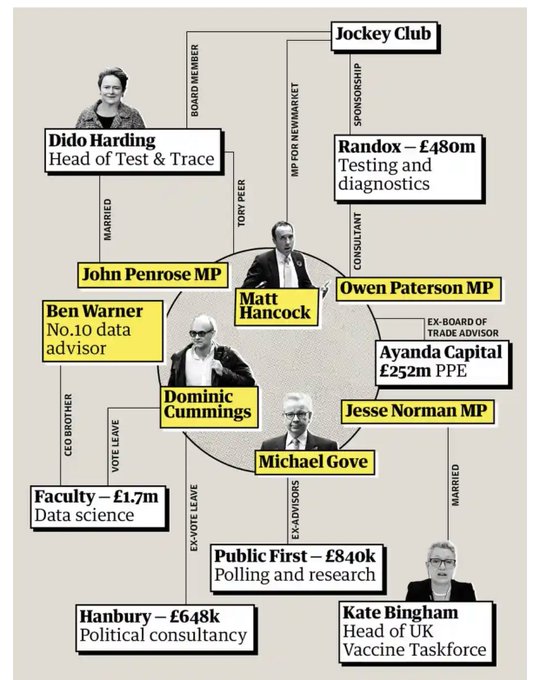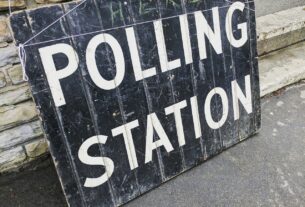After every whiff of corruption, commentators reiterate that Britain has long been one of the oldest chumocracies. Although the term is quite self-explanatory, you may want to look up the dictionary definition. Here is how the Macmillan Dictionary explains chumocracy:
“A derogatory term for a ruling elite that is made up of people from the same social background who went to the same schools and universities and know each other socially.”
Recently, the two speakers co-wrote a letter urging an overhaul of APPG rules. According to the letter, the reputation of both houses is under threat because influential lobbyists can sponsor the cross-party groups. The All-Party Parliamentary Groups are wide open to undue influence by business interests. To clean up Westminster, they feel a rule change is long overdue.
The new rules are to stop the emergence of more APPGs. Over 700 already exist. The groups allow collaboration on a wide variety of issues. The trouble is that business community members have provided sponsorship with little transparency. According to the chair of one of Westminster’s ethics watchdogs, APPGs may turn out to be “the next big scandal.”
Since 2019, the groups have received funding to the tune of £20 million. Unsurprisingly, lobbying agencies have benefitted the most. Some business representatives have spoken out on behalf of APPGs; however, one insider admitted to Sky News that a “minority” is funded by interest groups “trying to unfairly influence parliamentary decisions.”
CEO of DevoConnect Gill Morris, whose company provided nearly £200k’s worth of secretarial services to six different all-party parliamentary groups, told the news channel:
“There are really good APPGs, and there are others where it’s quite clear that they are a direct point of access.”
And it is precisely the points of direct access to politicians that spell trouble and create a taste of chumocracy.
Apart from trying to stop the proliferation of APPGs, the two speakers called for transparency in funding matters:
“It is of central importance that, at the same time, the applicant should also explain how and by whom the APPG would be funded.”
According to the Chartered Institute of Public Relations’ former president Sarah Pinch, the real question marks exist over APPG activity rather than funding:
“I think there are a minority of APPGs that are funded by certain organisations who are peddling their line, and they are trying to unfairly influence parliamentary decisions through a system that was not set up to do that.”
Any changes to the rules would require MP approval, and it is unclear whether they would support or oppose a tightening of the rules.
Covid contracts – a prime example of chumocracy
Just how deeply connected politicians, influential journalists, and wealthy business people are is yet to come to light. But the fact remains the UK’s top echelons like cosying up together.
The PPE contract saga is a prime example of how politics and business collaborate to an unsavoury extent. A quick internet search delivers related results for David Cameron, Matt Hancock, and not least of all, Lady Mone herself. Chumocracy appears to be a Tory thing.
A 2020 Guardian investigative piece reveals a web of connections between Conservative politicians and business people. Since then, multiple stories about the somewhat questionable awarding of PPE contracts have come to light.




